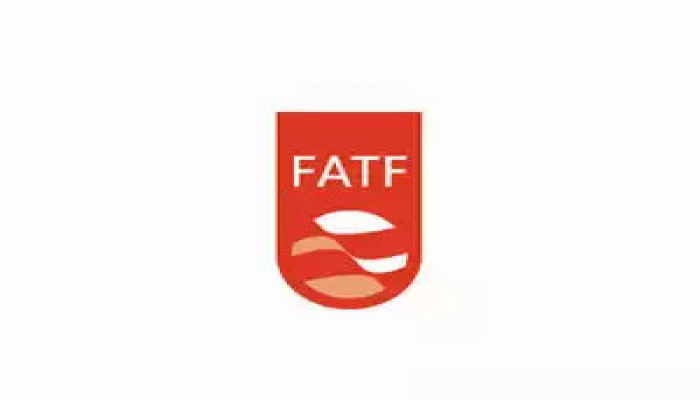India informs FATF of steps taken on money laundering, terror funds
- In Reports
- 12:28 PM, May 13, 2024
- Myind Staff
Last month, an Indian delegation visited Singapore to brief the Financial Action Task Force (FATF) on the measures implemented to combat money laundering and terrorist financing over the past decade. This visit comes before the global watchdog presents its report reviewing Indian mechanisms.
The FATF, an intergovernmental organisation, is scheduled to present its report on the "mutual evaluation" or periodic review of India's efforts to combat money laundering and terrorism financing next month. Officials from various Indian agencies, including the Enforcement Directorate (ED), income-tax department, Central Bureau of Investigation (CBI), Directorate of Revenue Intelligence (DRI), as well as representatives from the finance and external affairs ministries, visited Singapore in April for in-person discussions regarding the evaluation, according to individuals familiar with the matter.
According to sources speaking on condition of anonymity, the discussions centered around the measures implemented by New Delhi since 2010, the last time India underwent such a review. The mutual evaluation was initially planned for September 2020 but was postponed due to the pandemic.
At the meeting, the Indian delegation updated the FATF and peers about notable amendments in the Prevention of Money Laundering Act (PMLA). They also highlighted the registration of over 5,000 money laundering cases in the past decade, the arrest of 755 individuals, and the attachment of properties valued at more than ₹1.21 lakh crore. These actions were reported to have acted as deterrents against various elements including organised crime groups, terrorists, and white-collar criminals, as per officials.
A significant change since the previous review has been the definition of a "politically exposed person" under the Prevention of Money Laundering Act (PMLA), as recommended by the FATF.
Additionally, the Indian government has expanded the scope of the Prevention of Money Laundering Act (PMLA) to include non-governmental organisations and cryptocurrencies. This move aims to enable monitoring of illicit financial transactions conducted through virtual digital assets (VDAs).
They said the Reserve Bank of India (RBI) has intensified its oversight of fintech firms to verify their compliance with anti-money laundering regulations. The RBI is also closely monitoring suspicious transactions.
In 2018, the government enacted a new law aimed at preventing economic offenders from avoiding Indian legal proceedings by staying outside the jurisdiction of local courts. The Fugitive Economic Offenders Act, 2018, provides authorities with the power for non-conviction-based attachment and confiscation of assets and proceeds of crime abroad in cases involving amounts exceeding ₹100 crore.
“The team, including ED officials, participated in the face-to-face discussions and discussed steps taken by India to meet the AMT/CFT (anti-money laundering/combating the financing of terrorism) requirements. Compared to many countries, we have done a great job in this area. In fact, several countries are adopting our model,” a government official said.
Officials expressed confidence that India will not encounter any red flags in the FATF review. India currently falls within the "compliant" category for key criteria and is anticipated to maintain this status. Moreover, some of the measures implemented by New Delhi are likely to be recommended to other countries as well.
Indian regulators and agencies have taken more than enough action against fintech companies and violations of money laundering laws, officials said.
The FATF conducts peer reviews of each member country to evaluate the implementation of its recommendations, providing a detailed description and analysis of each country's system. In 2019, the Indian government established a joint working group comprising 22 central investigation, intelligence, and regulatory agencies. This group was tasked with making presentations, engaging in discussions, and briefing FATF experts.
The agencies involved in the process include the ED, the income-tax department, DRI, CBI, Financial Intelligence Unit, Customs, market regulator Securities and Exchange Board of India, banking regulator RBI and Insurance Regulatory and Development Authority of India.
In recent years, the Enforcement Directorate (ED) has pursued businessmen, politicians, and companies involved in money laundering, often for breaching government and regulatory guidelines. Despite this, many political parties, lawyers, and businessmen have criticised the provisions of the Prevention of Money Laundering Act (PMLA) as "draconian".
The courts have, however, upheld most of its arrests and prosecution complaints that are equivalent to charge sheets.
Image source: X







Comments